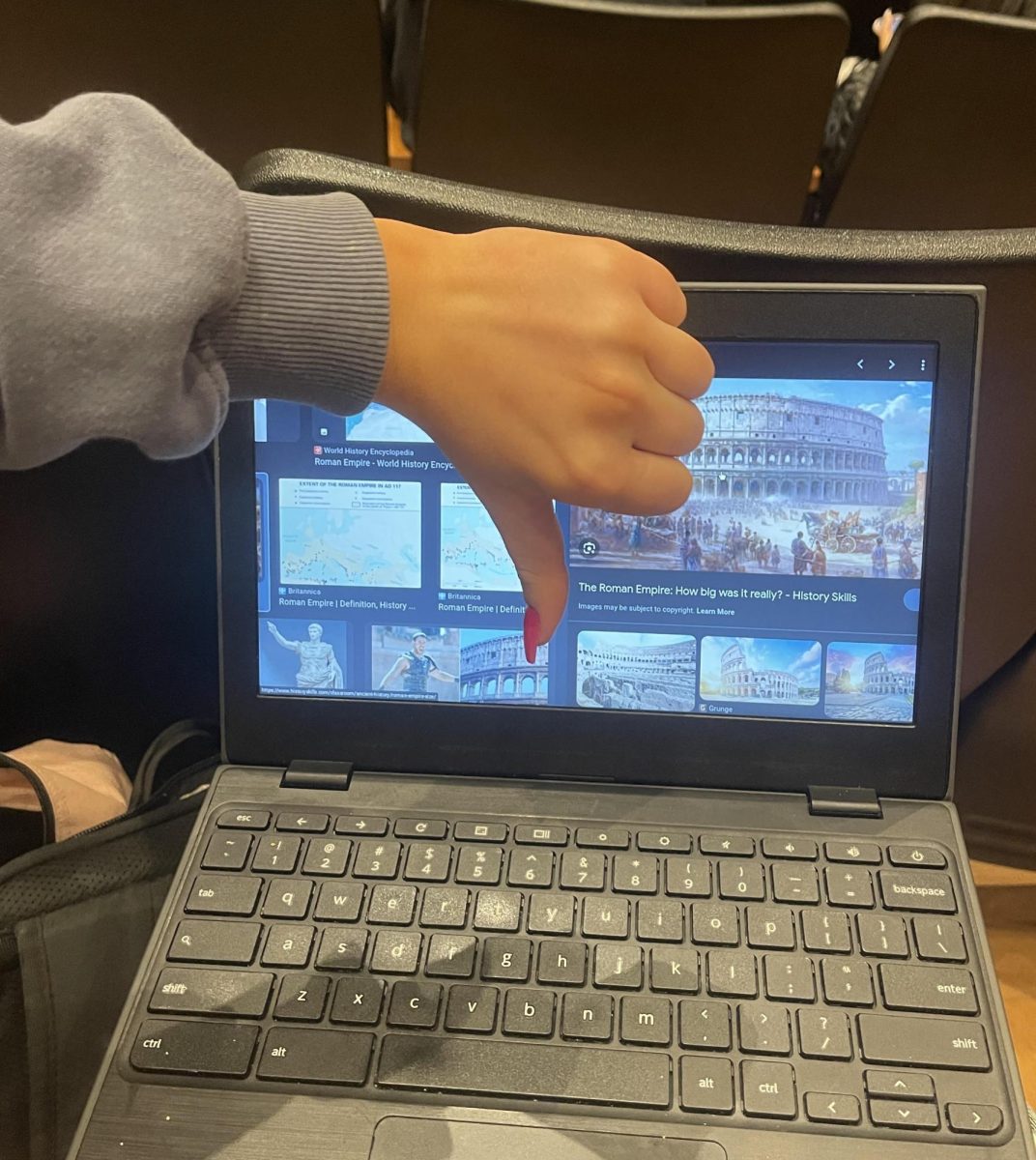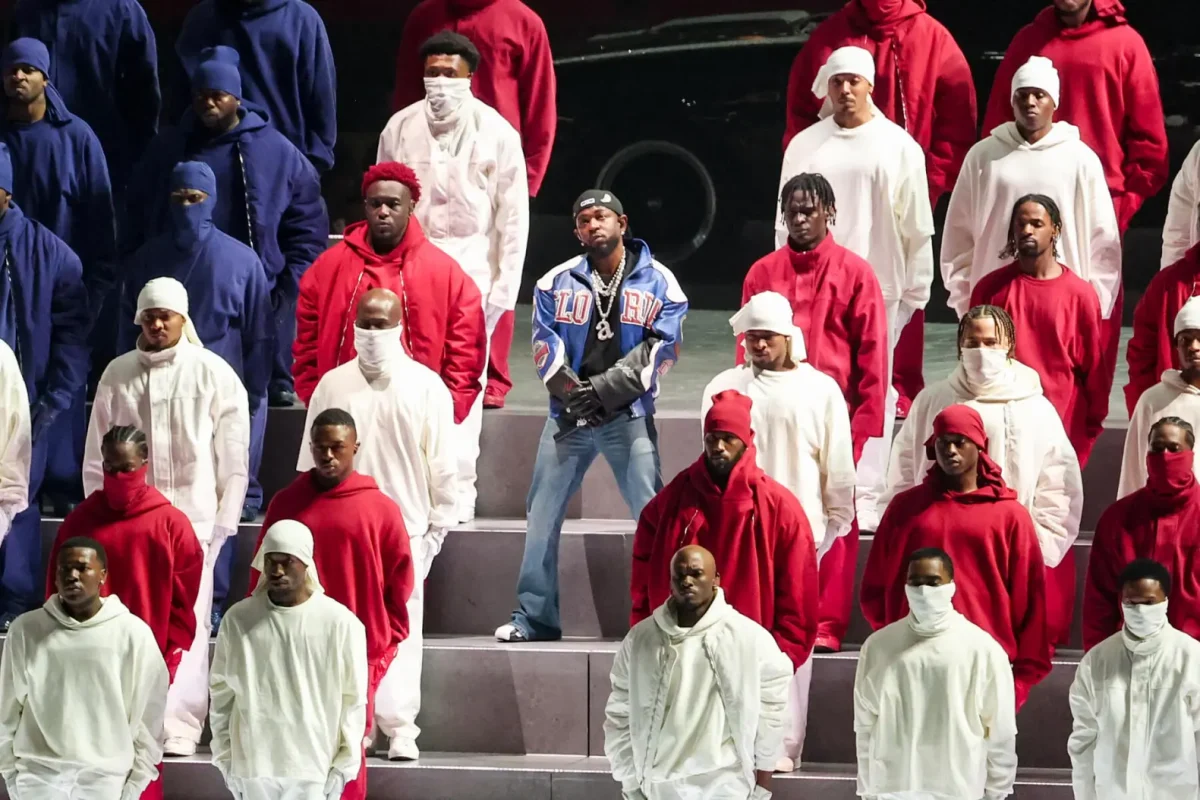A TikTok joke likely to spark your history teacher’s interest — the Roman Empire has been the topic of various discussions on social media.
The idea, essentially, is that men tend to think about the Roman Empire more often than what would be deemed “normal” compared to women. People have resorted to TikTok to film asking their partners, siblings, or fathers “How often do you think about the Roman Empire?” and to confer about the innate absurdity of thinking, at least so frequently, about an ancient civilization. The responses have been wild: varying from every day to three times a week or “every once in a while.”
To many the notion of your brother, or boyfriend, pondering the Roman Empire randomly seems peculiar. To the people who are thinking, “The men in my life are definitely not thinking about the Roman Empire” You may be wrong.
The joke’s genesis was on Instagram: a post by Gaius Flavius—a Roman reenactor who posts mostly about history. The post, made with perfunctory care, was made on Aug. 19 unaware of the mass hysteria that would soon insight. It stated, “Ladies, many of you do not realize how often men think about the Roman Empire. Ask your husband/boyfriend/father/brother – you will be surprised by their answer!” From there, stitching and dueting videos led this post to become a full-blown trend.
Junior David Valdes remarked that he thinks about it at least once a day. “[The Empire’s] civilization and agriculture were so advanced for their time period.”
The reason why men think about it more than women, according to USA TODAY, delineates the difference between male and female consciousness and what takes up space in both.
Many contend that the representation of Rome is often associated with war, brutality, and competition: a patriarchal framework of what it means to be a man. Additionally, the interest men have in the Empire lies in masculine aggression that conveys itself physically, while feminine aggression tends to represent itself emotionally. The trend also touches on the fact that men might be more interested in impersonal history and facts like city population and strength.
“What [the Roman Empire trend] reveals is there’s an intense interest in the question, ‘What is a man, and what should a man be?’ I think this is really probably the central thing that this is getting at,” Erik Andersen, a therapist who specializes in men’s issues and anxiety said. “What it does reflect is that what it means to be a man today looms as a very large question for a lot of men, particularly young men.”
Next time – Ask the men in your life, “How often do you think about the Roman Empire?”



















